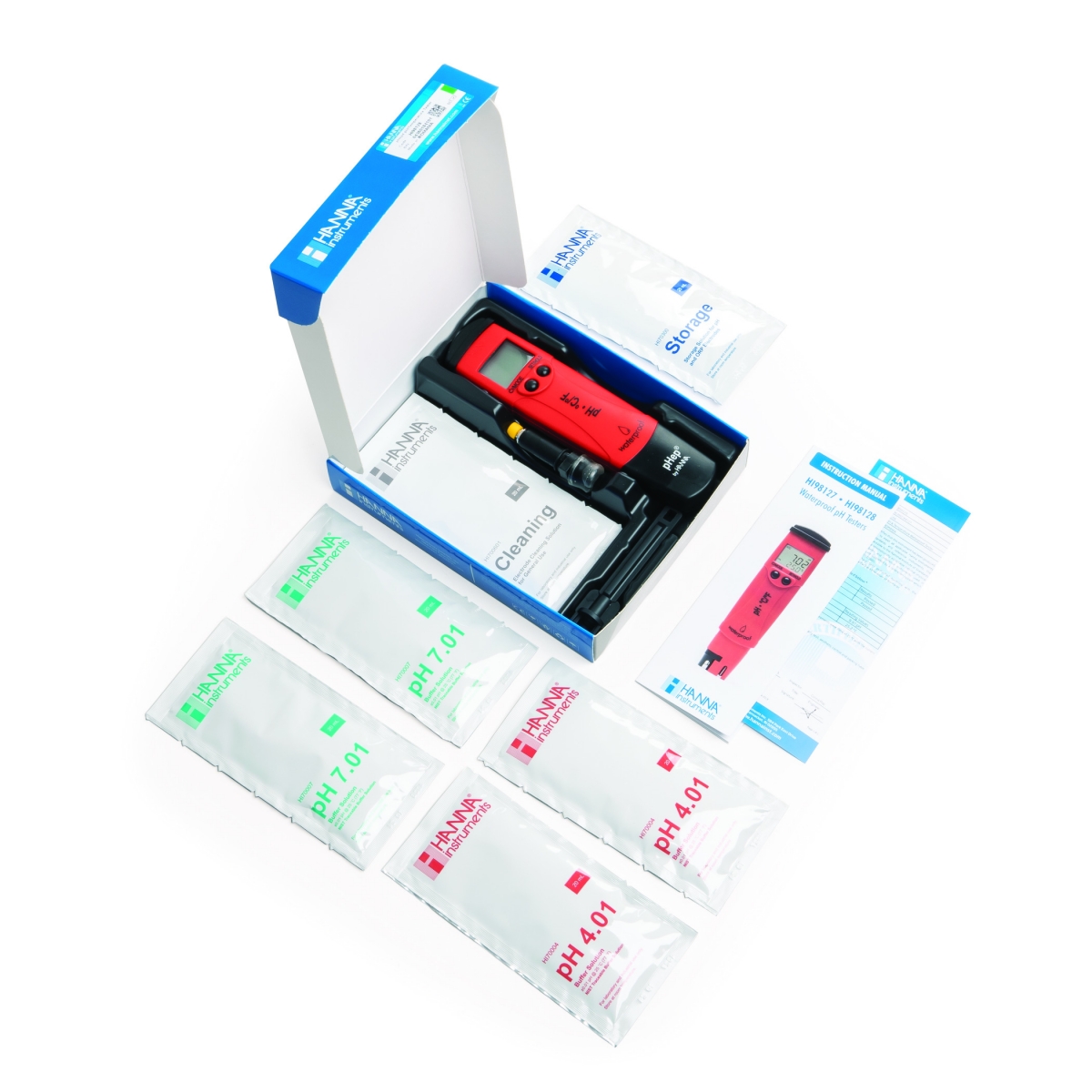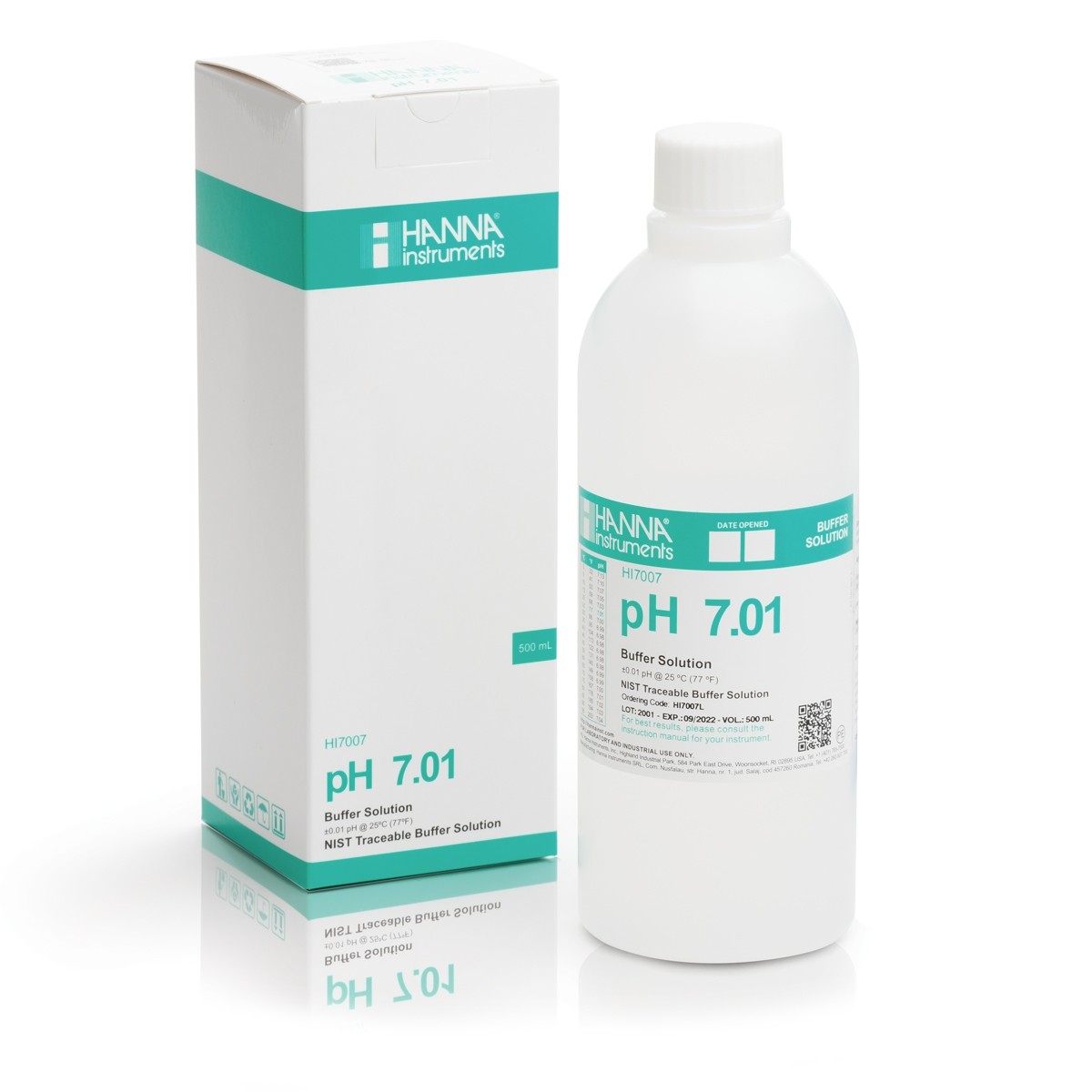

Respiratory changes relate to how the lungs are working. Metabolic changes in blood pH can occur as a result of kidney conditions or problems. These changes take longer than those that occur due to breathing, potentially taking hours or days. They also produce and regulate bicarbonate, which increases blood pH. The kidneys regulate the pH of the blood by excreting acids in urine. For example, when someone exercises, they produce more carbon dioxide, so they breathe faster to prevent the blood from becoming too acidic. The lungs can help regulate blood pH rapidly through the process of exhaling carbon dioxide, sometimes producing changes within seconds. There are also chemical buffering mechanisms throughout the body’s cells. The lungs and the kidneys are the two main organs that regulate the pH of the blood, often at the same time. Carbon dioxide occurs within the tissues of the body due to the process of respiration. This forms when carbon dioxide combines with water. Much of the acid made in the body is carbonic acid.


These processes produce acids, so the body has a complex system of feedback and regulation to maintain healthy pH levels. The pH of blood in the arteries should be between 7.35 and 7.45 for the body’s metabolic processes and other systems to work well. Share on Pinterest A sudden change in blood pH may indicate an underlying health problem.


 0 kommentar(er)
0 kommentar(er)
